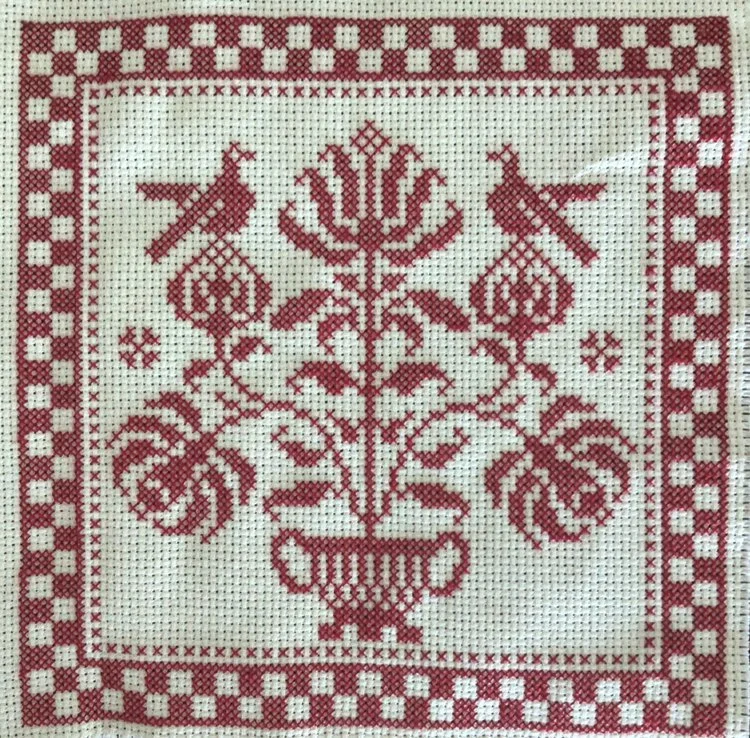On Life and Death, a Passage -- by Alex Ranieri
We tend to judge a life by its landmarks—in other words, we judge that someone has had a good life or a bad life by a handful of moments, which can hardly stretch to fill one one-thousandth of a person’s time in the world. This is natural and understandable, as we have so little access to the person’s thoughts, and even if we know them well, we cannot be present to witness every flutter of a person’s mind—we have enough trouble grappling second by second with our own lot. Still I think we might consider how many hours in our own lives are unwitnessed, and draw the conclusion that others have such hours likewise. And if we forego the convenience of judging by traumatic events, both good and bad occurrences as are apt to give a life such a blow that, like a planet struck by an asteroid, it is thrown off onto another course—I think we will find there are not many lives so completely devoid of all good, as to deserve unalloyed lamenting. In even the most extreme examples of acute or prolonged suffering, it seems enough of the good of life is tasted, to make his changing this state for the next a matter of no little importance to the sufferer. You will say, “this is only fear of what is to come”. Very well, why does he fear what is to come, more than that which he endures? “It is unknown.” So is every day unknown and volatile, and the more so when we suffer under sickness, or oppression, or continuous pain. I submit that no one could truly fear death, who was not attached, by even the most fraying and tenuous threads, to life; and I think in most cases, even cases we pity as devoid of pleasure or joy, these threads are not fraying at all, but bound together into strong cords. But these are not made of ecstatic joys; rather in the fibers of the threads which make up the cord, do we find those seconds and snatches of contentment, happiness or gratitude, the which, while some are granted many and others are granted few, nevertheless teach most human beings to value their existences on earth.





